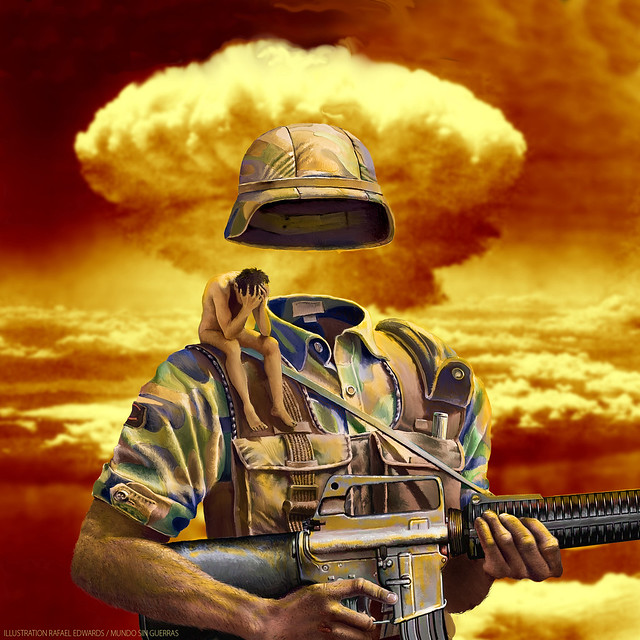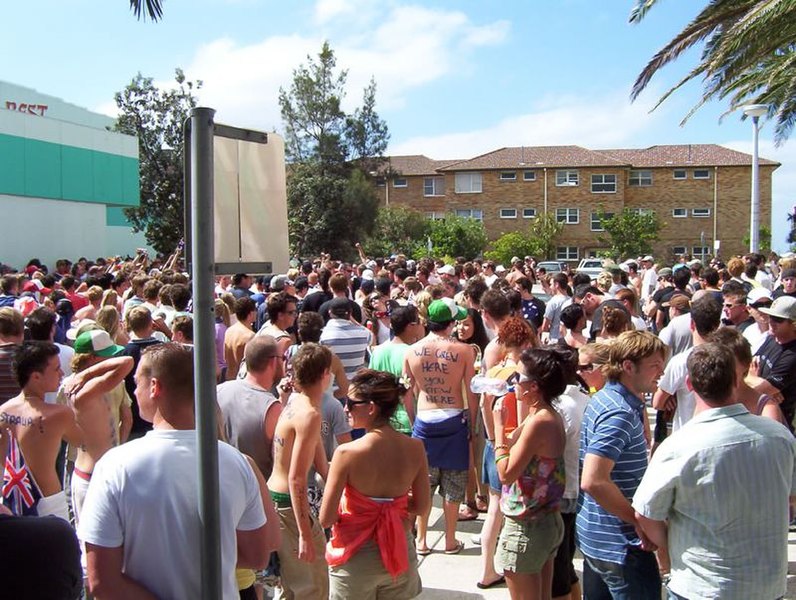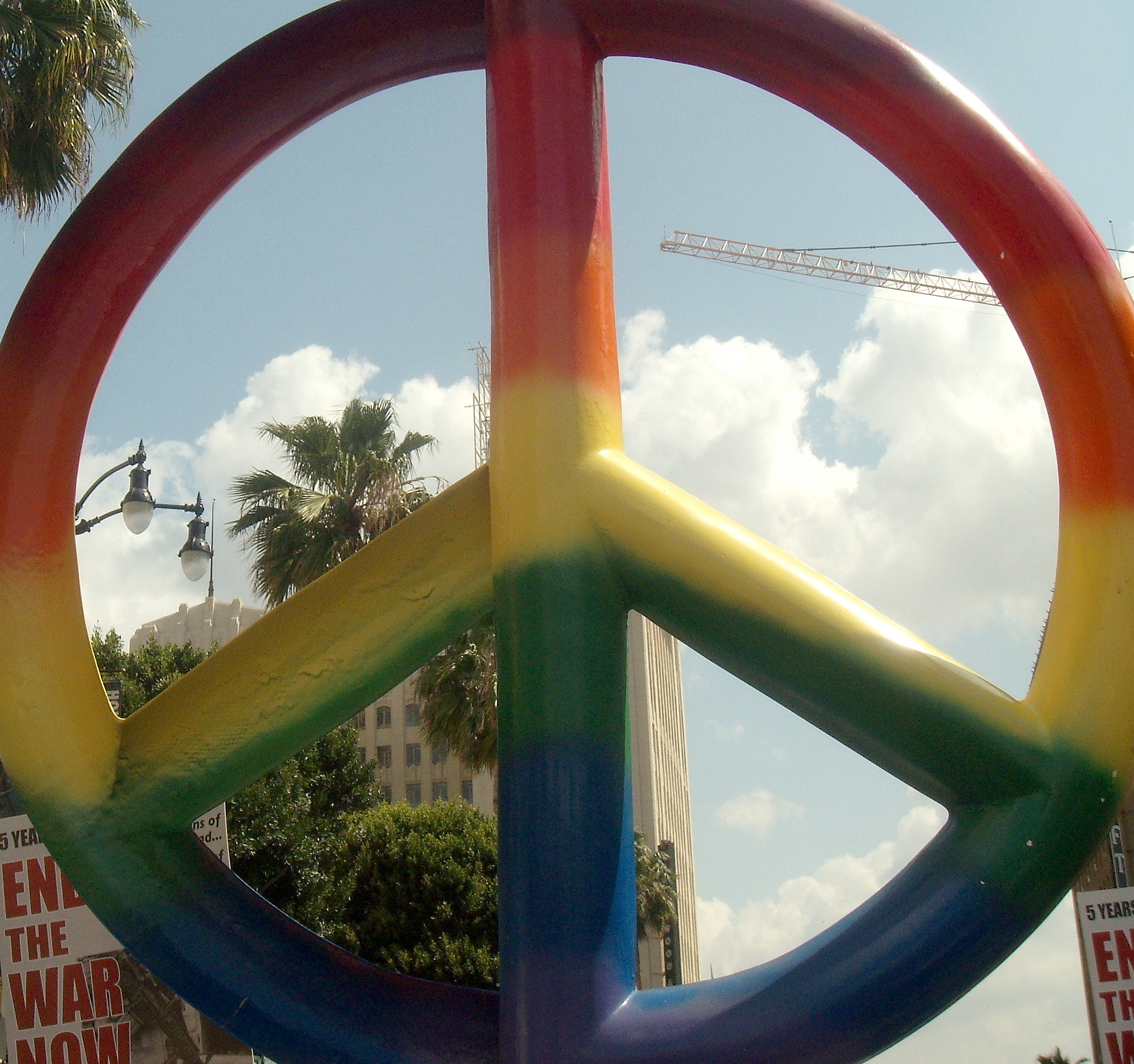On the 9th of July 2011, a new country joined the ranks of statehood: South Sudan.
On the 9th of July 2011, Sudan, the largest nation in Africa, was split asunder...
On the 9th of July 2011, a people had to begin to redefine their identity, a difficult process indeed.

***
For more information on the history of South Sudan and the war that led to the secession, check out these wiki links (don't hate on authenticity, I find wiki quite informative =D)
History of South Sudan - Second Sudanese Civil War (Longest civil war in Africa, started in 1983 and was essentially resolved by the secession)
I will pre-empt this article by saying that these are mostly personal lamentings and feelings on the secession rather than a political analysis and reflection of the view of the general populace's.
To be honest, when it happened I was in Australia in the midst of exams, organising a camp and generally being busy, so the enormity of the event didn't quite register. However, being in (North) Sudan has given me ample time to realise the extent of the consequences, so I thought I would try to organise my thoughts about the situation.

***
First of all, one doesn't realise until after the fact: the feeling of losing an entire chunk of your country is unlike anything I can acutely describe. Perhaps something akin to waking up one day and realising half your extended family has changed their last name. I can't even draw a rough map of Sudan anymore as I am not sure what the border looks like.

It is reported that over 98% of voters (as it was a referendum) voted yes for the secession. However, what is often omitted is that only Southerners voted. This is interesting in itself; the first questions I asked upon my arrival were what Northerners thought of the situation, and how the secession had effected life in the Sudan.
Interesting, overwhelmingly, people were upset.
Upset that they hadn't been asked,
upset that their country had split into pieces,
upset that the nation no longer had petrol , upset that because Sudan no longer had petrol, the dollar had more than doubled,
upset that the crazy increase in the dollar has caused inflation to balloon out of control,
upset now that life is just so difficult to lead...
Overwhelmingly, most people that I talked to from the North didn't think the secession was a good thing for the nation.
Some expressed frustration at the administration, asking what kind of leader lets part of his country mutiny? What leader watches over his country being split apart?
Interesting, I thought.
I could understand why. Although I haven't really lived in my country of origin for long, it had been strange to know people, one minute as your fellow country man, the next as merely your neighbour...
I considered this information, but then decided to ask another host of questions (as one does in times of curiosity and investigation...)
I asked Northerners how many South Sudanese people did they consider friends?
How many South Sudanese people did they invite to their homes?
How many South Sudanese people do they know personally??
Would they let their child marry a South Sudanese person?
Are our cultures and traditions similar?
The answers to those questions are why I think the secession was possibly for the best.
I was told the following:
Oh, I don't know any Southerners personally...
Oh, we've never had any in our house (apart from maybe a maid)...
I would never let my son or daughter marry a Southerner!
Why?
Well, their culture is so different! They have different traditions! They have different languages! As a relative duly informed me, they are very violent people so who knows what kind of spouse they could be and the things they would do...
I was shocked.
Truly, I was.
Firstly, because I couldn't believe the level of deeply entrenched racism that existed in the community towards Southerners (but that is a whole other post). Secondly, I could see very similar parallels between the situation in Australia with the Indigenous population and Anglo Australia, where two peoples inhabit the same land but with extremely different cultures and drastically different levels of achievement.
I don't think it is fair on Northern Sudanese to expect Southerners to live under the same administration for the sake of history or nostalgia.
What are the origins of the borderlines anyway? They are relics of colonial times, when the British (among others) came and split the continent up into countries, drawing straight lines through tribal lines and united groups that had nothing in common. Apart from the economic benefit (for the Northerners!), what benefit is there to staying a single country?
Yes it is awful.
Yes, it hurts your heart.
At the end of the day though, don't the Southerners deserve a chance at making their own history?
It is a unique opportunity indeed, and I can see why every political powerhouse (read USA, China and Israel among others) wants to make their mark on the nation felt early.
Putting aside issues of religious differences and politics and how it effects the self esteem or agenda of (North) Sudan, I think the secession of South Sudan is perhaps a first step for the continent in rediscovering or recreating its own, post colonial identity. There are still many battles to be fought (the border isn't even fully determined) but it is an opportunity that I hope isn't squandered.
I know that as a Northerner, my opinion, presence or aid in the area won't be welcomed. Nonetheless, I do hope and pray with all my heart that we Horn-of-Africans can put aside the rampant personal-greed-disguised-as-nationalistic-fervour and give South Sudan the opportunity to develop as a nation.
This is history in the making. Let's not make this nation building experiment a case study in the chapter named "Never-to-be-repeated..."
***
What do you think? Do you have any thoughts on the secession or experience in the situation?

South Sudanese Blogs for some light reading:
Paanluelwell
SouthSudanInfo
Ruya: This seems quite interesting, haven't read much but will definitely follow the work of this organisation...
JohnAkec: A South Sudanese academic
SouthSudanNation: A bulletin board of sorts












